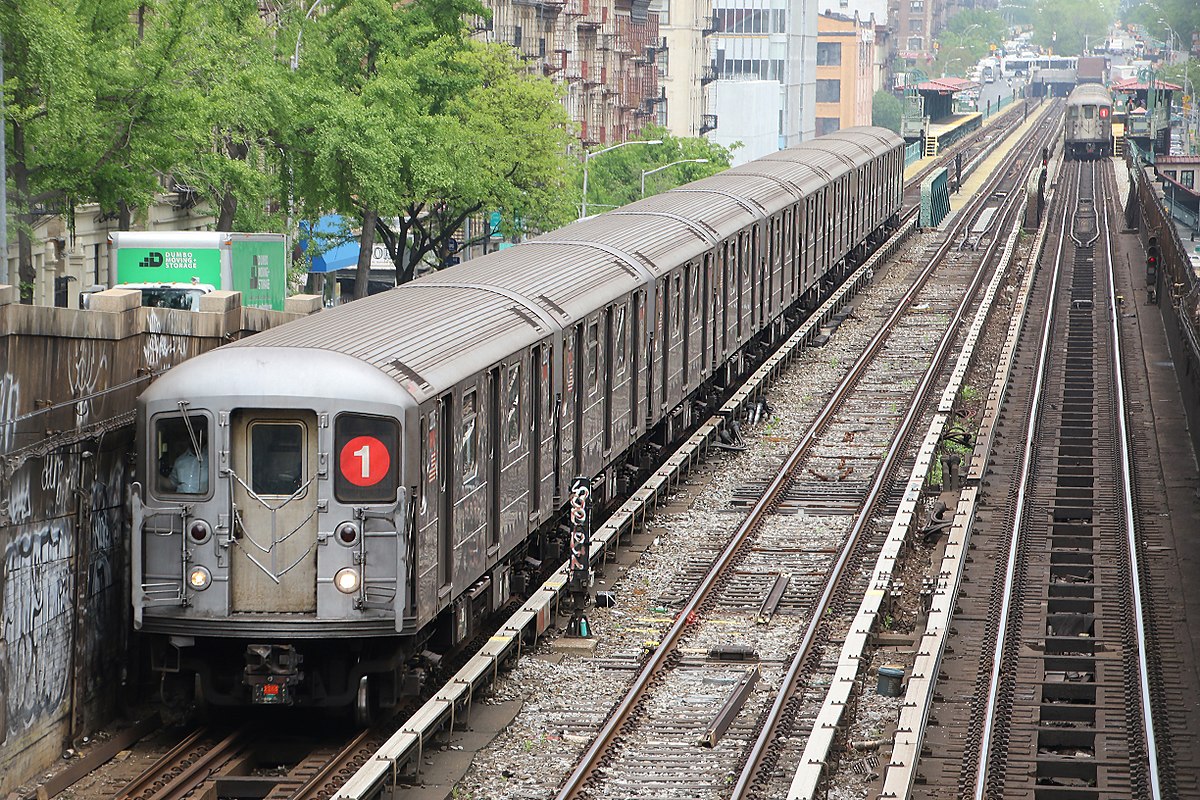by: Adam Roberts
The current financial crisis has impacted all levels of government. Transit agencies across the country have been especially hard hit as ridership has remained at low levels. Without enough riders, fares are insufficient to support the functioning of transit systems. Basic system operations are at risk and long-planned capital projects are indefinitely paused.
New York City has not been immune to this. Despite the passage of congestion pricing last year, and a $4 billion bailout earlier in the crisis, the Metropolitan Transportation Authority (MTA) is facing a severe financial crisis. Low ridership has kept revenue down, while much-needed additional federal funding has failed to materialize.
The impacts of this drawdown in transit funding have already been felt. The MTA’s ambitious five-year capital plan, which would have enacted much of the Fast Forward Plan to fix the subway and bus system, is on pause. AIANY fought hard to secure the passage of congestion pricing in order to fund these fixes. The Chapter’s Executive Director, Benjamin Prosky, Assoc. AIA, currently sits on the Major Construction Review Unit, which would oversee these much-need capital projects.
The halt on the capital plan is a threat to the livelihoods of countless New Yorkers who use the subways and buses as their primary mode of transportation. Those most vulnerable have been hardest hit by the lack of transit funding, as they rely most heavily on it to move around the city. For instance, the recently passed 2021 NYC budget included a $65 million reduction to the “Fair Fares” program that offers half-priced MTA fares to low-income New Yorkers.
Despite the bleak outlook, there is still hope that the situation will improve for transit agencies. Bus ridership, while still down compared to before the crisis, has rebounded comparatively well. Meanwhile, New York’s Members of Congress are continuing to fight for further transit funding. Last week, the US House passed a massive $1.5 billion transportation bill, which would shift more federal funding towards mass transit. While the situation remains difficult, there are signs for hope in the future.
Policy Points:
- As you may have seen, the City has been allowing restaurants to operate temporary outdoor dining areas in places they previously were not allowed to. Interest in doing so began when the City Council introduced a bill, Int. 1957-2020, to create a compliance scheme for temporary outdoor dining. The bill was passed at the end of June, and now it awaits the Mayor’s signature. Should he not veto it, the bill will create a more formalized structure to alleviate the problems that have arisen due to a lack of consistent enforcement. AIANY strongly supports Int. 1957-2020 and other efforts to keep our restaurants afloat.
- Last week, the City’s 2021 budget was passed. There was a great deal of controversy due to the nature of budget cuts, particularly regarding the NYPD. Major cuts were made to agencies pertinent to the practice of architecture in NYC; we we will keep our members updated as further details on those cuts are released.








